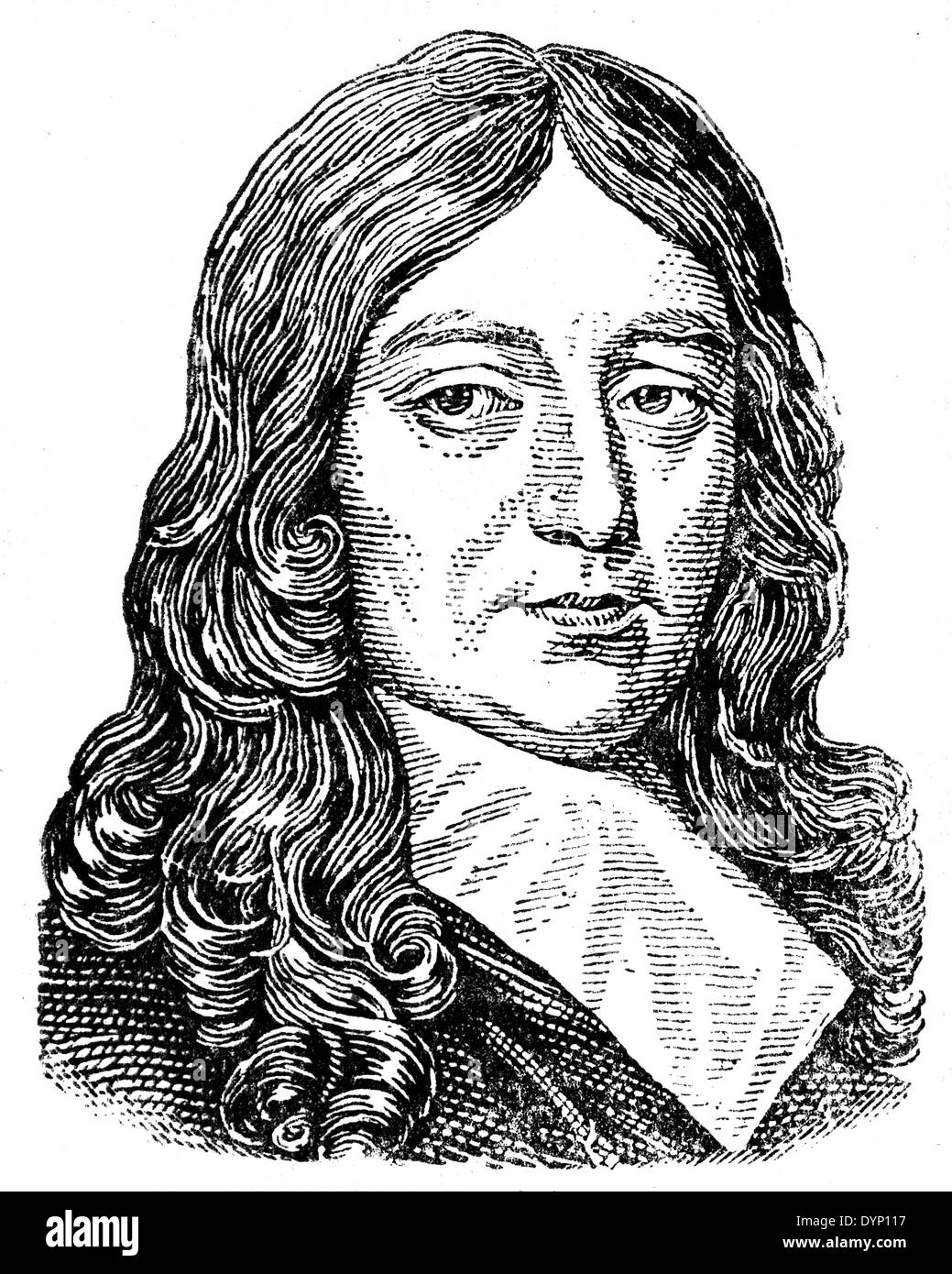
About 1874 a page (now in Austin, Texas) apparently in Milton's youthful hand came to light, and it contains a prose theme on early rising and two Latin poems. None of Milton's extant poems can be assigned to this date, but a few of his schoolboy juvenilia survive, including an imitation of Mantuan entitled Apologus de rustico et hero ( 'The Fable of a Peasant and his Master') and a Greek epigram, Philosophus ad regem quendam ( 'A philosopher to a certain king'). A lifetime later, Milton's widow told John Aubrey that Milton was a poet at the age of ten. At St Paul's, Milton was taught by Alexander Gil the elder and became a friend of Alexander Gil the younger and of Charles Diodati. At an unknown date between 16 Milton became a pupil at nearby St Paul's School the most likely date is 1620, when the departure of Thomas Young for a pulpit in Hamburg may have prompted the decision to send Milton to school. It is likely that instruction in these languages began with private tutors although Milton went on to study the ancient languages at school, modern languages were not taught in schools, and all of Milton's instruction in French and Italian (and possibly Spanish) was given by private tutors.


In Ad patrem ( 'To my Father') Milton was later to express his gratitude that his father had paid for lessons in Latin, Greek, Hebrew, French, and Italian. Milton was initially educated at home by private tutors, including Thomas Young, a Scottish schoolmaster who eventually became master of Jesus College, Cambridge.


 0 kommentar(er)
0 kommentar(er)
